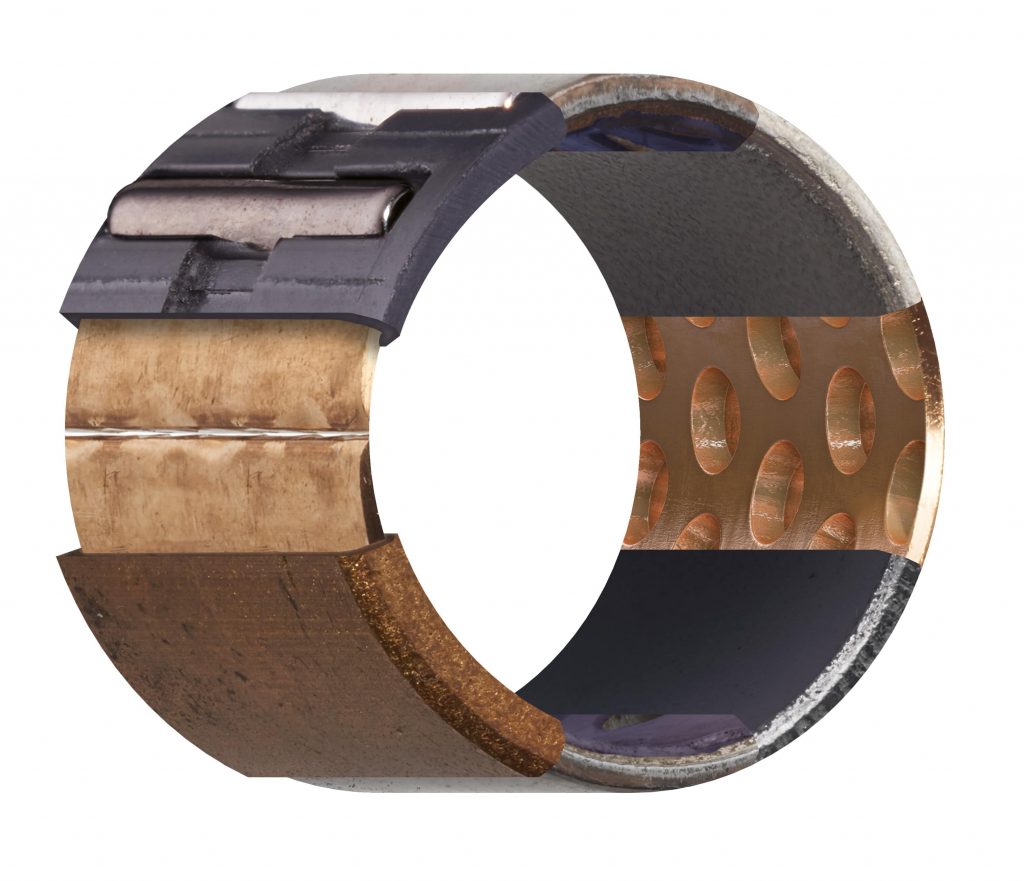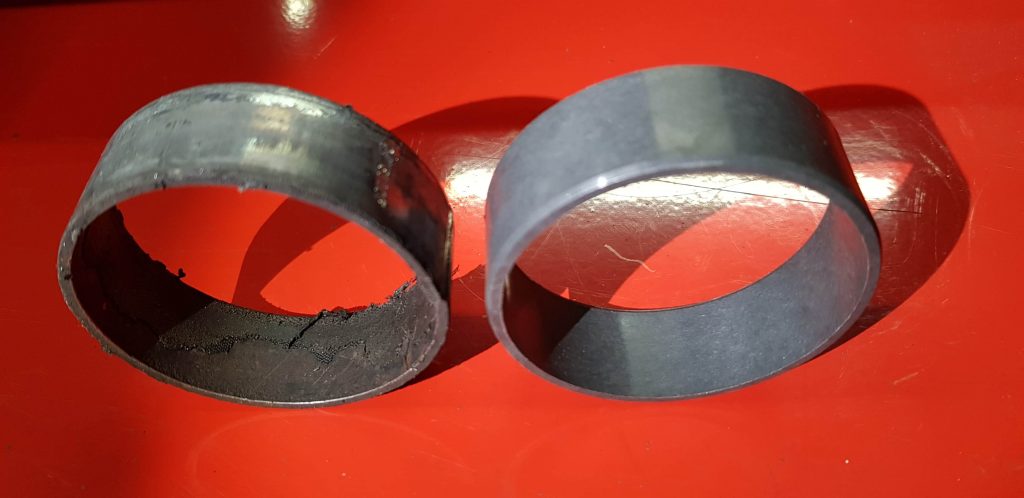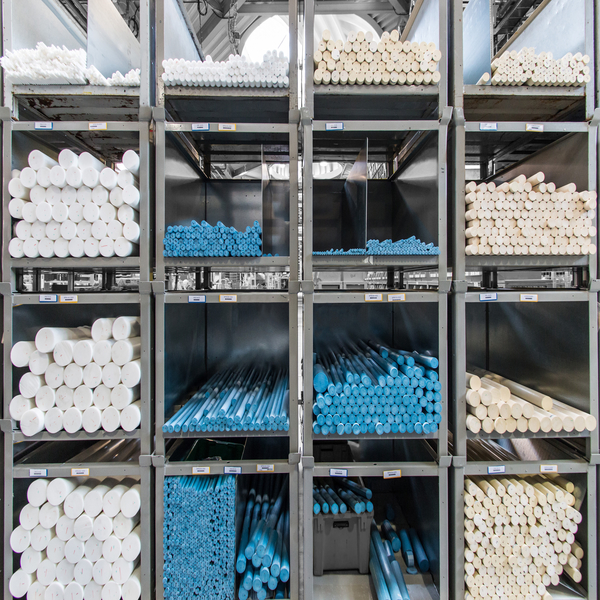What Are Common Misconceptions About Plastic Bearings
Some may say that having “plastic” and “bearings” in the same sentence is a juxtaposition!

However, I can confirm that this misconception is simply that, a misconception. Plastic bearings are proving to hold their own in a world where many still believe metal is better. But on what grounds are these judgements made.
When you consider how essential plastics have become in every aspect of our daily lives, it soon becomes clear why the plastic bearing is fast becoming the go to product over its counterpart metal bearing.
Let’s have a look at some of the common misconceptions surrounding plastic bearings.
Plastic bearings won’t last as long as metal bearings.

There are a few parameters that need establishing first. What is the application? What are the criteria regarding loads, speeds and temperatures? Once these are established, there will be an igus® polymer material suitable for the application. Not only that, we can offer a lifetime calculator so you know how long your bearing will last. Furthermore, our iglidur® polymer materials are made from wear resistant, self-lubricating polymers so require no lubrication as opposed to metal bearings. If the application parameters are correct from the offset and remain unchanged, the bearing chosen should fulfil the lifetime suggested on the calculator. In addition to this catastrophic failure is avoided when using high-tech polymer materials due to their linear wear properties.
Plastic bearings are too soft
This assertion is of course plausible, however, it depends, as stated above, on the parameters of the application. Plastics are “softer” than metal, there is no disputing that. All values such as compressive strength or surface hardness are significantly lower in plastic than metal. Plastic plain bearings are also “less durable” than metal. However, the most important point here is that these are plain bearings and purely load-bearing elements. Plain bearings should be used dynamically and should not simply carry loads statically. And how do you achieve this movement with metal bearings? You lubricate them. So really it is not a case of plastics being softer, this becomes irrelevant when you consider the load bearing, as the igus® materials filled with reinforcing fibres and filaments make the bearings ideal with high forces and edge loads.
The walls are too thin on the bearing
The wall thickness does not actually directly relate to its strength capabilities. There is a lot more to consider than just the thickness of the part and in fact, space constraints can mean that a thin walled component works more effectively than the thicker walled metal bearings. Due to the internal makeup of the igus® polymer bearings, the thinness of the bearings is not detrimental to the life span of the bearing. The polymers are able to dissipate heat which actually prevents failure

For decades, polymer bearings have been replacing plain metallic bearings in thousands of applications for a wide range of different industries; such as agricultural machinery, medical equipment, fitness equipment, packaging machinery, the food industry and automotive.
Read more blogs about the benefits of igus® plastic bearings here.
The continued development, testing and investment that igus® makes every year, allows more and more applications to be realised and for igus® bearings to be implemented.



